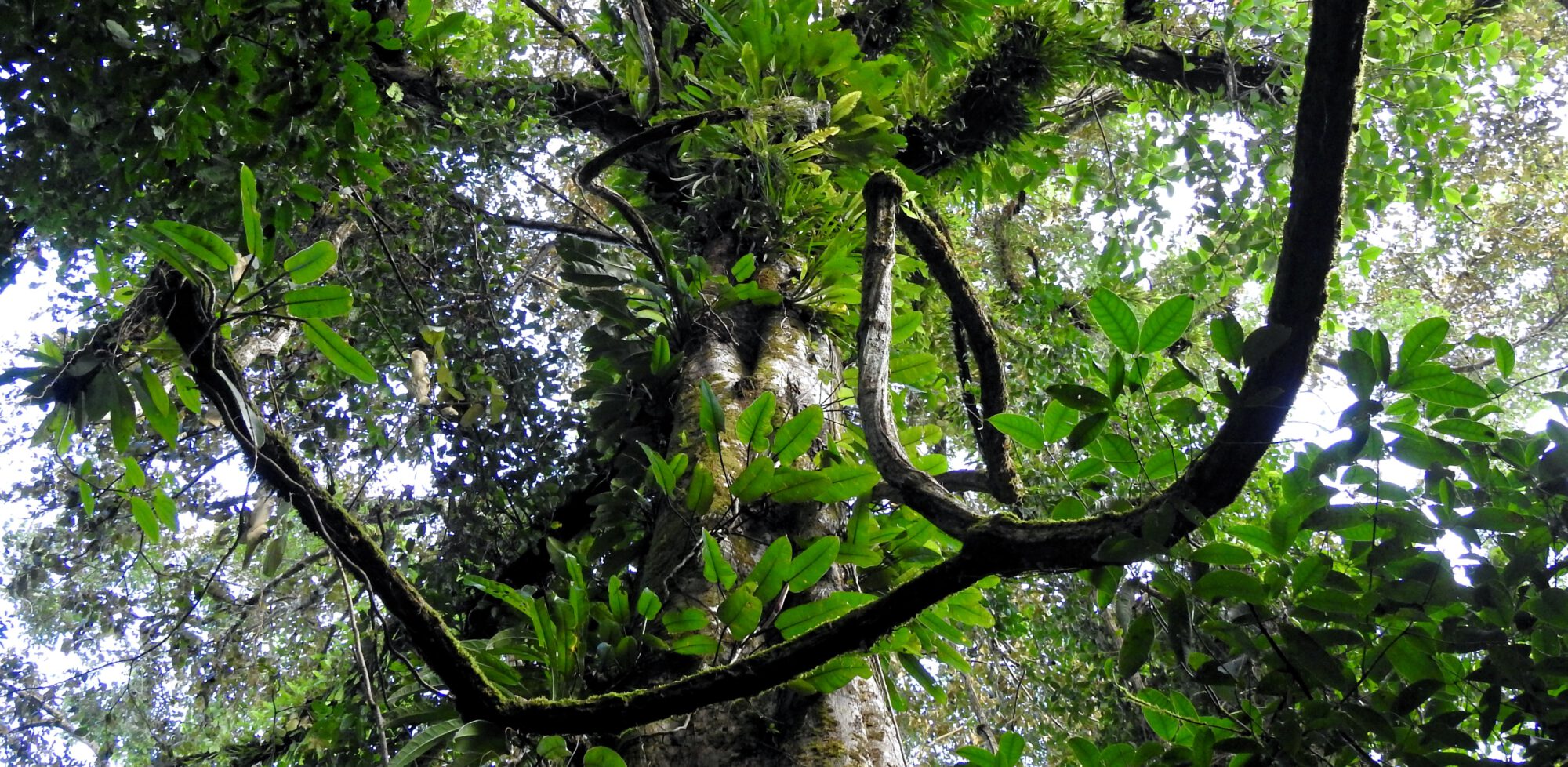Dear Readers, here are the resources for this week’s newsletter.
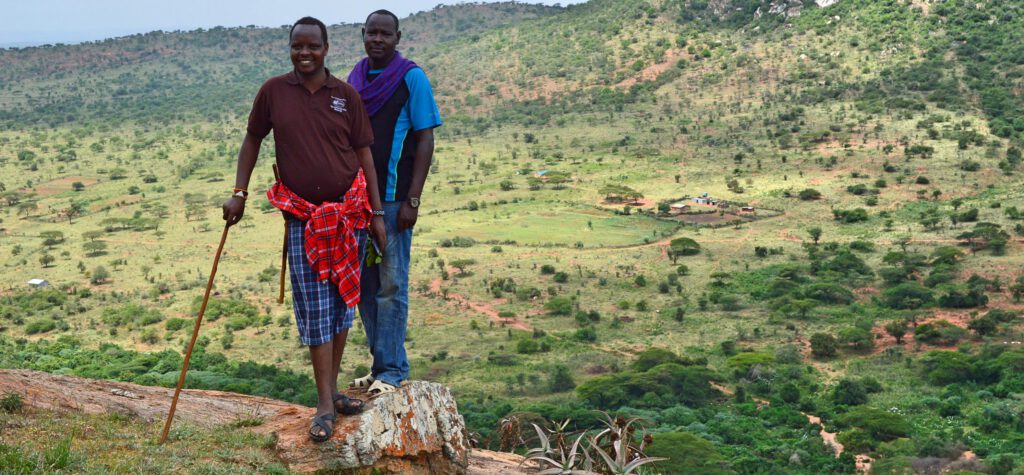
Ferdi: When you lost nearly 90% of your cows due to the drought you decided to leave your University job and return to your community and the farm full time. Many people in your situation would have done the opposite (give up the farm and focus on a “safe” paid job). What motivated you to make this decision?
Dalmas: What compelled me to leave employment was a strong sense of a calling to help save my people’s future. Growing up as young herd’s boy I saw our Maasai people being independent, food and water secured with healthy cattle and healthy lands. I am proud of my culture, my heritage and history.
The thought about children and our society’s future.
The land used to have rivers with water and they have dried up. We used to have plenty of food and the Maasai were reduced to become dependent on food relief.
I decided to take a leap of faith and save our people.
I came to realise that all our problems were emanating from land degradation.
Therefore, I came here to help in restoration of the land.
It has not been easy but it is a worthy cause. I felt a strong urge to come here and lead by example.
Ferdi: How do traditions help and hinder the adoption of regenerative practices? What parts of your culture have you used to help others understand? What parts of the culture makes it hard for people to understand?
Dalmas: The Maasai culture is good but there are very high levels of illiteracy here. Our society is highly patriarchal and elders have veto powers and control over the lands and because some don’t understand they don’t want to change to grazing practices that contribute to overgrazing and leading to land degradation this is a big problem.
The current policies on land tenure like individuation of land in private deeded land has significantly affected the Maasai communal way of living and the management and sharing of common resources like grass and water.
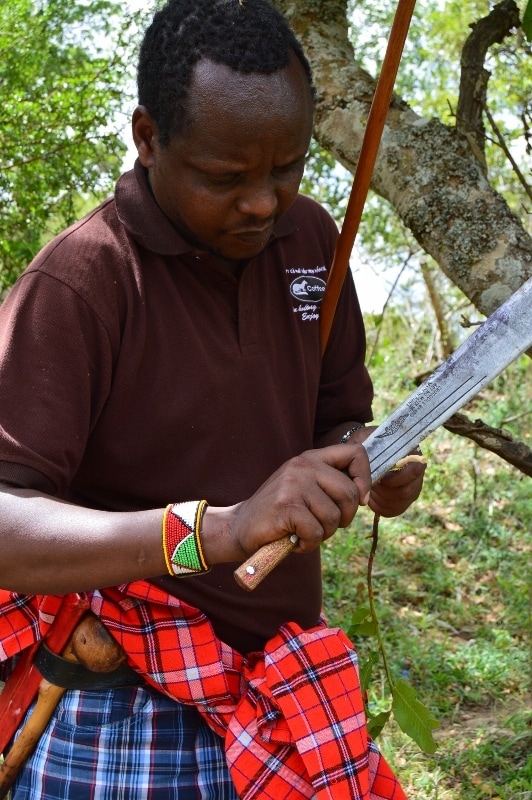
There are a lot of traditional knowledge of the Maasai on land management we can adopt practices such as mobile kraals, creation of enclosure areas of lands to heal the land. Creation of traditional water sand wells.
The Maasai have knowledge on observations and monitoring of rains patterns and early warning signs and traditional ethnobotany and grazing. Knowledge on land etc.
I have been using Maasai traditional ceremonies to bring people together, creating village cooperatives of like-minded and willing people to work together.
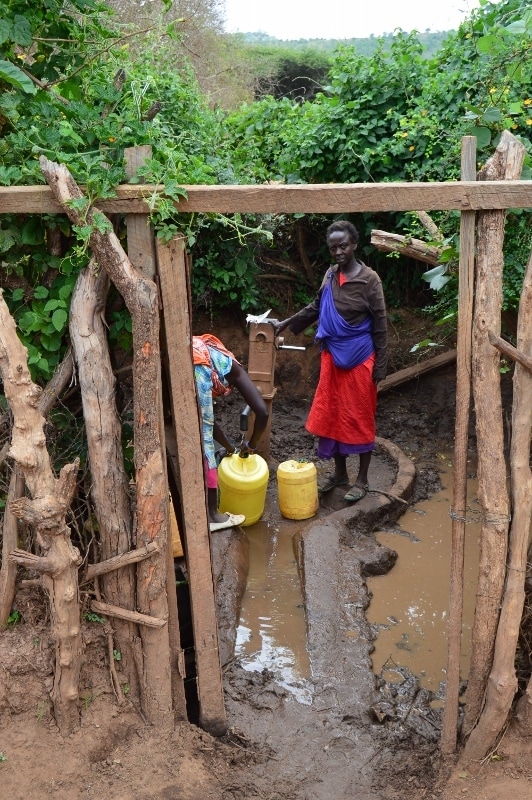
Our society has very conservative culture and it is difficult for some of them to adopt regenerative solutions or to embrace change.
Change comes slowly and I am trying to be an example myself so that others can see and emulate. That’s is the only way we can implement regenerative solutions.
I face challenges from politicians and people who are against change. I always trying to show them the way. I will not relent on my quest for regenerative pastoralism.
Ferdi: You have a very ambitious goal, to build a center for regenerative pastoralism through Ildalalekutuk Maasai Action for Development. Why do you believe it is important to build a centre for education and development rather than just looking after your own family farm?
Dalmas: The reason why it is important to have the centre for regenerative pastoralism to train and demonstrate regenerative land management and regenerative agriculture practices in a place they can relate with, on their own land and in setup that belongs to them. We are strategically located in the border of Kenya and Tanzania so we target all the pastoralists in southern Kenya and Northern Tanzania.
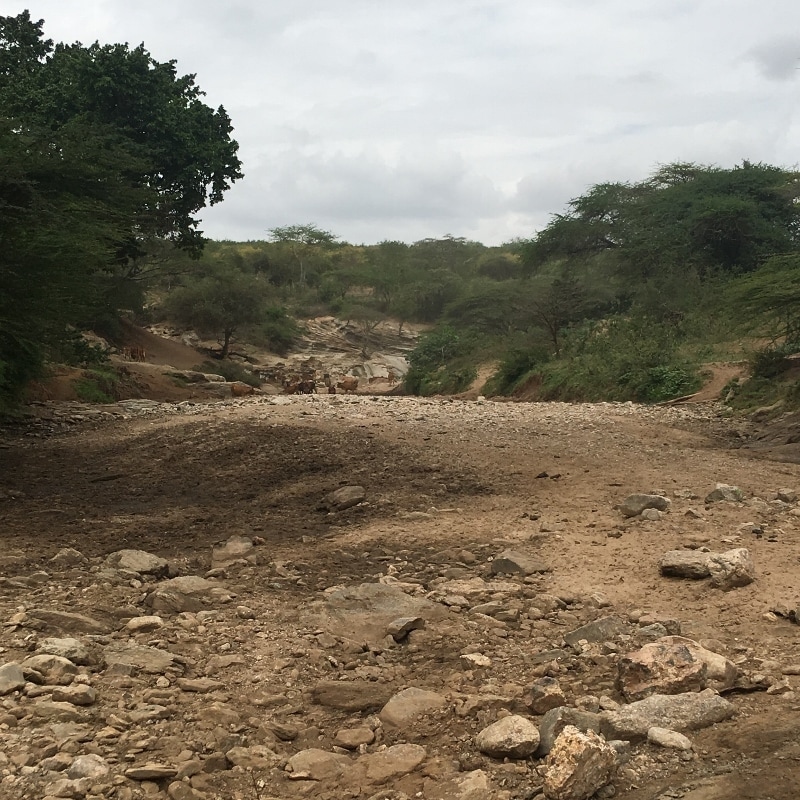
Desertification is encroaching on our lands and eating up the world’s grasslands at a very alarming rate and we need communities to be trained to help in land restoration through teaching, demonstrations and research.
Our society is very conservative culture and it will be good to demonstrate to them regenerative practices that has been used and have helped restore the land in other places in the globe.
Ferdi: When people come to visit your centre, what is the thing that surprises them most? Why do you think that is?
Dalmas: In visiting my place people get to see holistic planned grazing working. I have helped to restore the land that I am using holistic management. My animals are very healthy and friendly managed. I also get good profit from my livestock keeping. I am also able to employ people or herders and pay them good salaries. I am also loving, welcoming, generous contributing to community development helping children who need school fees.
I care about people, planet and profit.
Ferdi: What role do you think governments can play in building and supporting more regenerative solutions? What makes it hard for them to be more effective?
Dalmas: The government can support regenerative solutions by including them in the agricultural and science school curriculum. They can train and support training to community members. They can also support and work with grassroots environmental organisations like the Maasai Center for Regenerative Pastoralism to work with communities. They should also direct funding such the Climate Funding to grassroots environmental nonprofits to enable them work with communities.
Ferdi: How do you plan to keep young people engaged and committed to the pastoral lifestyle when the big cities with flashy style and fast lifestyles are tempting them?
Dalmas: I am encouraging young people to come back to villages and support pastoralism and preserve Maasai culture. I have been telling them to see pastoralism as a lucrative business and invest their money in rural areas.
I have also distributed steers cattle from my herd to a women group to help them start a livestock enterprise.
I am also setting young people trainings with the aim to give them incentives.
There is funding to finance young people who want to get into agriculture as well to create employment and encouraging them to come back to the land.
Ferdi: Around the world many traditional lifestyles are threatened by the effects of climate change. What is the best advice you can give to other people who are in your situation?
Dalmas: I will tell other traditional groups globally to fight climate change by becoming good stewards of their lands. Our hope is in restoration of the land to sequester more carbon and this can be made possible by embracing regenerative agriculture.
I am telling them to join hands with others good people globally to become one force to make our planet a good place for all.
Recent video Interview with Dalmas Tiampati:
If you’d like to support Dalmas in his mission, you can contact him here.
The Worksheet
This weeks worksheet can be downloaded here.
